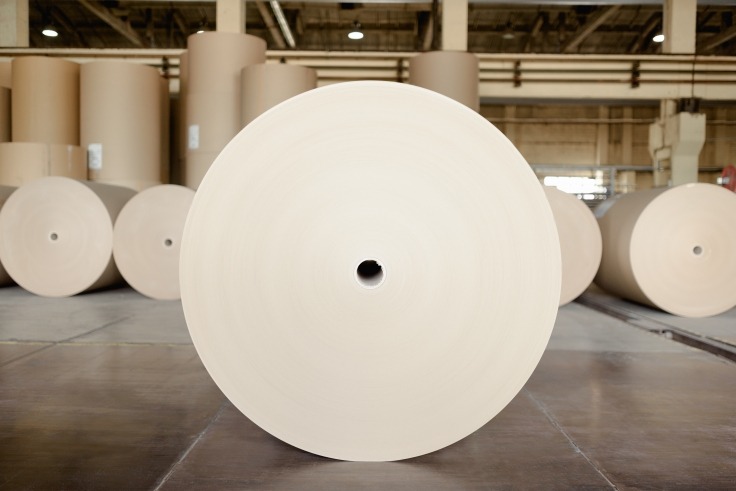INVL Baltic Sea Growth Fund is set to invest around €30m (£26.7m) in cardboard business of Grigeo, a paper and wood industry company in the Baltic region.

Image: INVL to invest up to £26.7m into cardboard manufacturing business managed by Grigeo. Photo: courtesy of Grigeo.
As part of the deal, INVL’s subsidiary BSGF Salvus will purchase 49.99% stake in Grigeo Investicijų Valdymas, a company owned by Grigeo, in two phases.
BSGF Salvus will purchase a new share issue for €15m (£13.3m) in the first phase, allowing it to acquire 33.33% stake in Grigeo Investicijų Valdymas.
Grigeo Investicijų Valdymas is comprised of cardboard companies such as Grigeo Klaipėda, Grigeo Recycling, Grigeo Recycling in Latvia and Mena Pak in Ukraine. BSGF Salvus will also purchase the shares of Grigeo Packaging, under the deal.
In the second phase of the deal, INVL Baltic Sea Growth Fund will make an additional investment of €15m (£13.3m) in Grigeo Investicijų, owned by BSGF Salvus, to increase its stake to 49.99%.
Subject to the permission issued by the Competition Council, the deal will be completed upon the fulfillment of contractual terms and conditions.
Grigeo president Gintautas Pangonis said: “Investor attraction marks a new stage in our development and actively supports our step-by-step approach to strengthening our position in the Baltic region.
“We are confident in the growing demand for cardboard and its products and therefore plan to increase our production capacity by three times over the next five years. This strategy also includes the investment of €150m in a new paper production plant of secondary raw material.”
Pangonis further said that the construction of the new factory is estimated to be financed with funds gathered by Grigeo companies and also by investments of the fund and loans granted by financial institutions.
The new paper mill is expected to be constructed in Lithuania or one of the countries where Grigeo-owned companies are operated.
INVL Baltic Sea Growth Fund managing partner Darius Šulnis said: “Rapid growth of the cardboard industry in the Baltic Sea region, the development of online commerce with global markets and a willingness of consumers to choose environmentally friendly packaging have all contributed to an ever-increasing need for paper and cardboard, mainly from secondary raw materials.”
